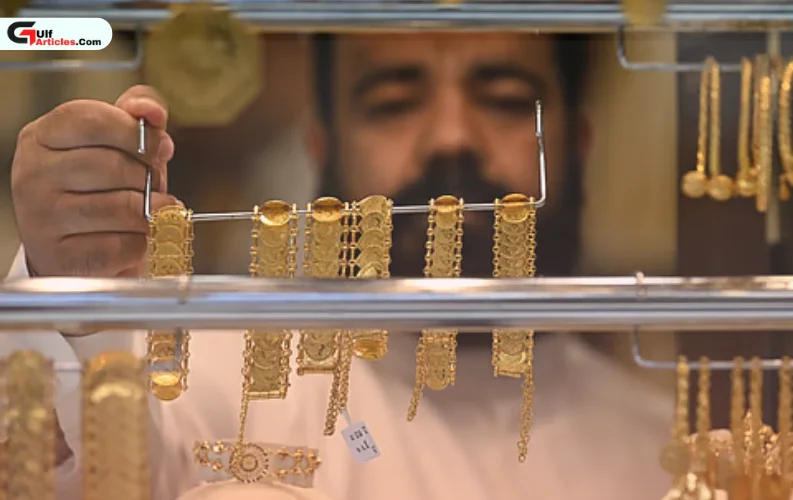Dubai, UAE : UAE property investors have received a notable tax break under the country’s evolving corporate tax framework, as the government has introduced a 4% annual depreciation allowance for investment properties. The new regulation, part of a recent ministerial decision, is expected to reduce the tax load on long-term real estate owners, especially those planning future property sales.
Starting from the first tax period of January 1, 2025, investors must decide whether to record their real estate assets at current market value or original purchase price in their corporate tax filings. This election, once made, must apply to all properties held and be declared upfront to the Federal Tax Authority (FTA).
“Holding real estate assets at fair value allows them to depreciate properties as per international norms,” said Sameer Lakhani, Managing Director of Global Capital Partners.
This flexibility means that a property bought for AED 1 million and now worth AED 3 million can be depreciated by 4% annually over five years, amounting to AED 600,000 in depreciation, before calculating the 9% corporate tax on gains, effectively reducing the taxable amount.
However, this benefit only applies to properties held at fair market value. If the investor chooses to retain the original purchase price on record, the depreciation benefit is forfeited.
According to the UAE Ministry of Finance, the deductible depreciation will be the lower of the written-down tax value or 4% of the original cost each year, ensuring a consistent and standardized approach.
Tax advisors emphasize the significance of this rule for high-value investors.
“Many of our clients have opted for fair valuation,” noted Tosif Sheikh, Partner at Finexpertiza UAE. “This offers significant tax relief to those with a sizable portfolio and long-term capital appreciation.”
Property owners are advised to evaluate their intent to sell and expected capital gains carefully before making their valuation choice, especially as the deadline for the first tax filing falls in September 2026.
This change reflects the UAE’s ongoing efforts to strike a balance between international taxation standards and investor-friendly policies.





















